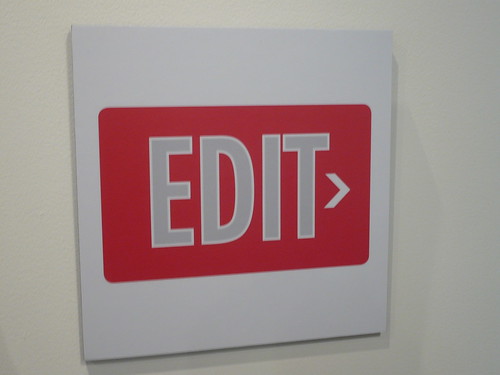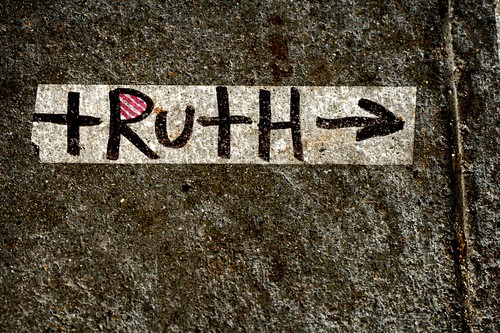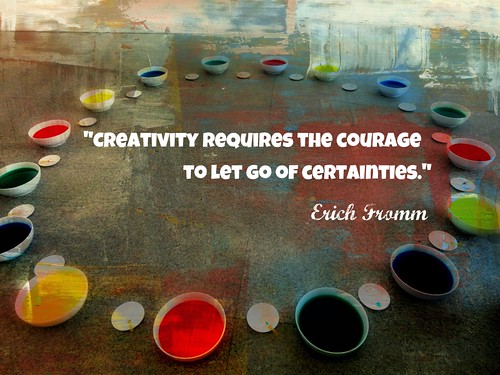One of my newsletter readers asked this question, so I obliged and answered it in a newsletter issue, but I thought some other folks might be curious about the inner workings of publishing … so I’ll answer it here, too.
We pause here for a word from our sponsor: Yes, you too can subscribe to my newsletter and get the latest news or whatnot I decide to send out, and even get to ask me questions like this one. And now, back to our story…
If you hadn’t heard, my near-future science fiction novel, Walking on the Sea of Clouds, is in the pipeline to be published by WordFire Press, a small press in Colorado. A few weeks ago a reader sent in this question: Why did I go with a small press instead of self-publishing? The question is even more appropriate now, since just last week I self-published a new edition of my first book, a nonfiction examination of education and how the system might be improved.
I came up with three reasons why I was happy to join forces with a small press instead of trying to self-publish my novel, and I’ll hit them one at a time in three separate posts. First,
I Think a Good Publisher Adds Value
The continuum of opinions on this is probably pretty wide, so let’s see if I can explain my position. Each time we read a book (or listen to a CD, or watch a movie, or whatever), we evaluate it, whether we write a review or not — this is where I might ask you to post a review of one of my CDs or of my book(s), except that I’m terrible at doing reviews myself — that is, we assess the book’s subjective value in terms of our reading experience against its objective value in terms of what we paid for it.

(Image: “Edit,” by Matt Hampel, on Flickr under Creative Commons.)
What goes into our subjective evaluation is different depending on our expectations and what adds to or detracts from the experience. A major factor in fiction is the story itself: does it flow well, does it transport us to a time and place we enjoy, do the characters and their situations resonate with us, etc. A good publisher can put a book through successive stages of editing to improve the story. For instance, my novel has gone through the “developmental” edit stage and will go through additional edits as the process continues.
One thing that can affect our enjoyment of the story is simply how easy the book is to read, not in terms of style but in terms of presentation. With respect to that, a book that is well-edited and laid out nicely so that it’s easy to read will probably score higher than one that is sloppy; a good publisher can therefore add value by making an average book better, and a good book beautiful. We may also factor in such things as cover art, and a good publisher can often retain better cover artists than a self-publisher can.
So, even before we consider that a good publisher has marketing and sales connections beyond what most self-publishers can muster, they can add value to the product, the book, itself.
And that’s the first reason I’m not self-publishing my novel.
I’ll cover the other two reasons in future posts. In the meantime, I need to get back to the day’s writing and editing.
___
P.S. Before I go, here’s where I ask you for your help: If you know a parent, teacher, or anyone interested in ways we might improve our educational system, point them to the new edition of Quality Education — completely restructured and updated from the original version — available now on Amazon in both electronic (Kindle) and trade paperback formats. When I released it last week, it reached as high as number 13 on Amazon’s “Education Policy and Reform” list.



 by
by 
















